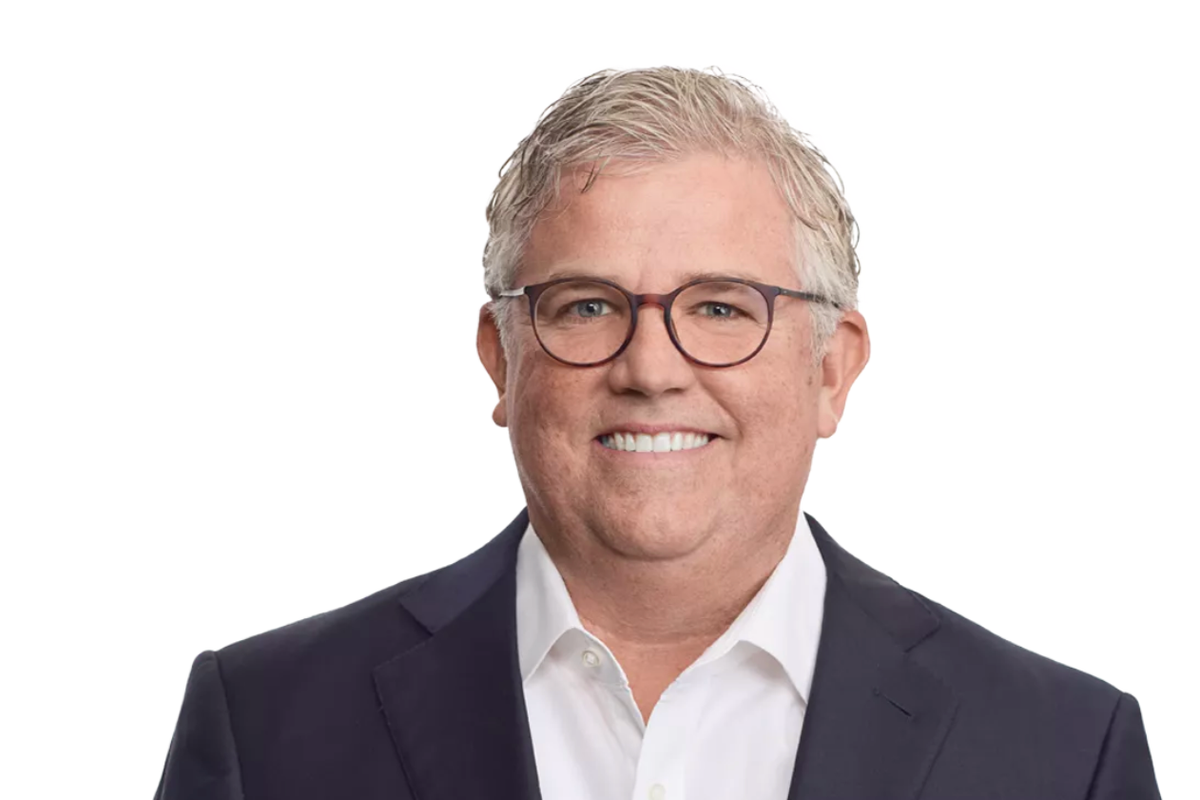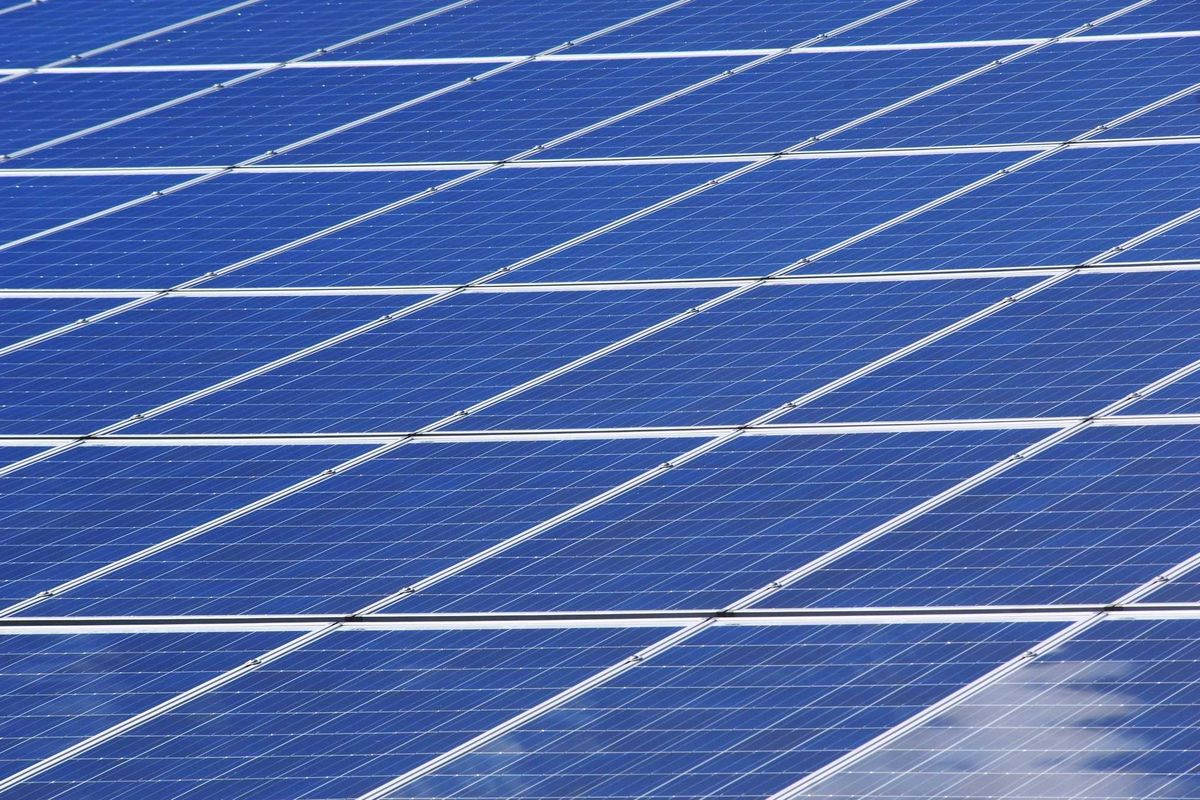money moves
Houston investor launches energy transition venture studio to help elevate early-stage hardtech startups
The way Doug Lee looks at it, there are two areas within the energy transition attracting capital. With his new venture studio, he hopes to target an often overlooked area that's critical for driving forward net-zero goals.
Lee describes investment activity taking place in the digital and software world — early stage technology that's looking to make the industry smarter. But, on the other end of the spectrum, investment activity can be found on massive infrastructure projects.
While both areas need funding, Lee has started his new venture studio, Flathead Forge, to target early-stage hardtech technologies.
“We are really getting at the early stage companies that are trying to develop technologies at the intersection of legacy industries that we believe can become more sustainable and the energy transition — where we are going. It’s not an ‘if’ or ‘or’ — we believe these things intersect,” he tells EnergyCapital.
Specifically, Lee's expertise is within the water and industrial gas space. For around 15 years, he's made investments in this area, which he describes as crucial to the energy transition.
“Almost every energy transition technology that you can point to has some critical dependency on water or gas,” he says. “We believe that if we don’t solve for those things, the other projects won’t survive.”
Lee, and his brother, Dave, are evolving their family office to adopt a venture studio model. They also sold off Azoto Energy, a Canadian oilfield nitrogen cryogenic services business, in December.
“We ourselves are going through a transition like our energy is going through a transition,” he says. “We are transitioning into a single family office into a venture studio. By doing so, we want to focus all of our access and resources into this focus.”
At this point, Flathead Forge has seven portfolio companies and around 15 corporations they are working with to identify their needs and potential opportunities. Lee says he's gearing up to secure a $100 million fund.
Flathead also has 40 advisers and mentors, which Lee calls sherpas — a nod to the Flathead Valley region in Montana, which inspired the firm's name.
“We’re going to help you carry up, we’re going to tie ourselves to the same rope as you, and if you fall off the mountain, we’re falling off with you,” Lee says of his hands-on approach, which he says sets Flathead apart from other studios.
Another thing that's differentiating Flathead Forge from its competition — it's dedication to giving back.
“We’ve set aside a quarter of our carried interest for scholarships and grants,” Lee says.
The funds will go to scholarships for future engineers interested in the energy transition, as well as grants for researchers studying high-potential technologies.
“We’re putting our own money where our mouth is,” Lee says of his thesis for Flathead Forge.










